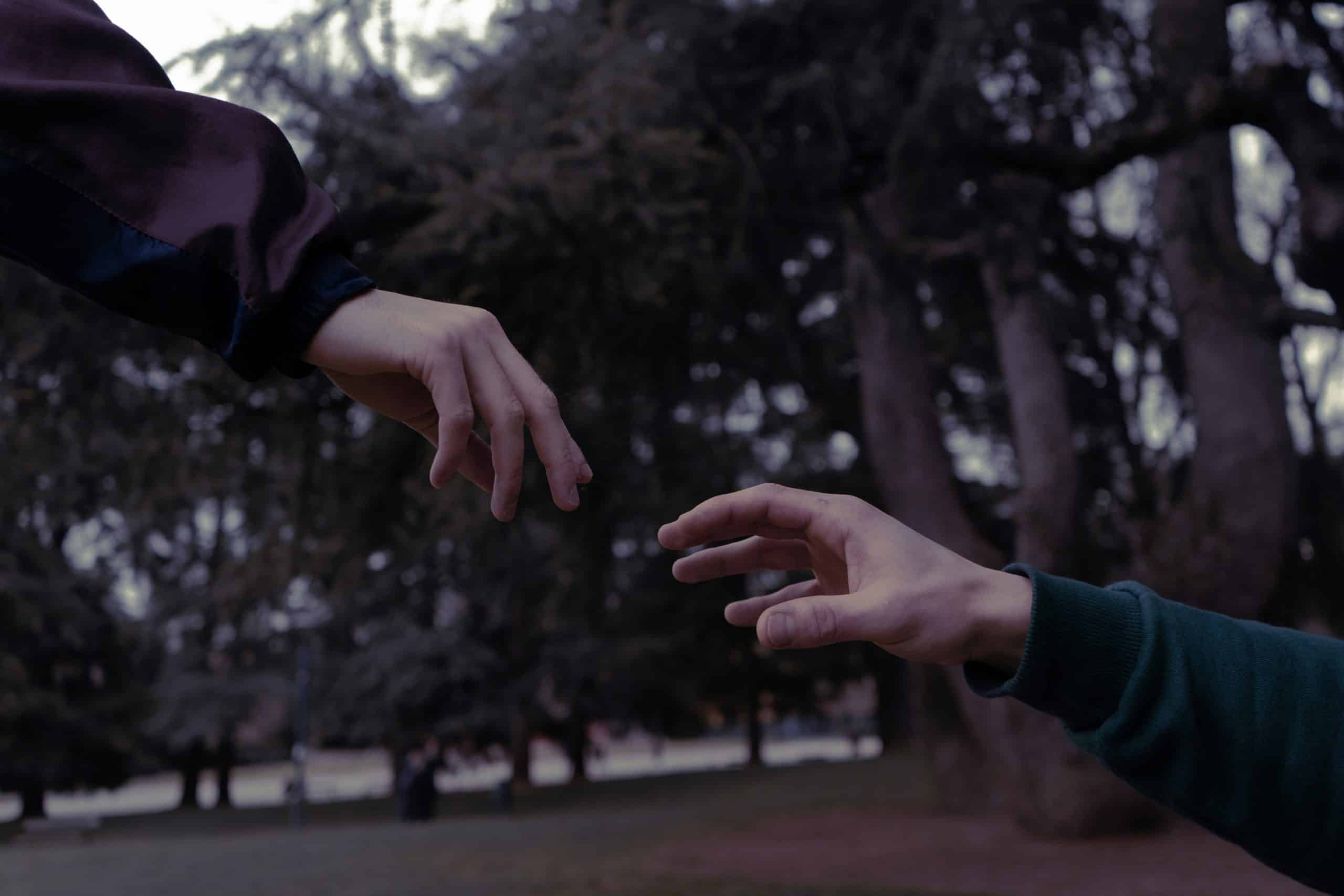Did Sara Sharif’s Story Get the Empathy It Deserved?
Our children's stories deserve to be remembered, not reduced to mere statistics.

When news broke of 10-year-old Sara Sharif’s tragic death, it was a story that should have stopped the world in its tracks. A young life was cut short, brutalized, and betrayed by those who were supposed to protect her. For a brief moment, the headlines screamed, and the world seemed to care. But, as often happens, the outrage soon faded into silence.
What makes Sara’s case so profoundly different is the context that always lingers at the edges of such stories: Sara wasn’t just any child; she was a Muslim girl. A brown, visibly different child in a world where some stories are amplified while others are quietly erased. We can’t help but ask: Did Sara’s story get the same treatment it would have received had she come from a different background?
Now, before we fall into the trap of sweeping generalizations, it’s important to acknowledge that some media outlets did, in fact, give Sara the humanity she deserved. The BBC, in its coverage of Sara’s life, went beyond the grisly details of her death to humanize her. In their article “Behind Sara’s Smile Was a Life of Violence and Torture” the piece portrayed Sara as a young girl, not just a victim of abuse, but a child with dreams and a fun character—someone whose tragic end didn’t define who she was.
This echoes the same empathetic treatment we’ve seen in other high-profile child abuse cases, such as the murder of Arthur Labinjo-Hughes. In Arthur’s case, the BBC emphasized his love for superheroes, his cheeky smile, and his vibrant personality, humanizing him in a way that sparked public sorrow but also a call to action.
Such portrayals—showing children as they were in life, not just as statistics—are crucial. Too often, the media gives us tragic victims without letting us see them as real people, unique and full of potential, whose lives were violently cut short. This is especially true when it comes to Muslim children. The danger is that in focusing only on the most tragic and sensational aspects of their stories, we risk associating entire communities with violence, dysfunction, and a warped view of our faith and culture. We need to demand more than that.
But for every story that gets it right, there are countless others where the narrative fails.
Sara’s story, like many before it, was not just about death—it was about life that could have been. It was about a girl who deserved to be more than a headline. And for those who did take the time to humanize her, to remember Sara beyond her fate, we owe them credit. But for every story that gets it right, there are countless others where the narrative fails.
We must continue to push for journalism that reflects the richness of our community. We need to hold our media accountable for how they portray Muslim lives—not just when tragedy strikes, but in all aspects of life. It’s essential that our stories aren’t reduced to stereotypes, and that the world sees our communities as multifaceted and, yes, worthy of empathy, respect, and dignity, no matter the circumstances.
Sara Sharif’s story must be one of change—not just for those who failed her, but for a society that must evolve in how it sees children, especially those from minority backgrounds. If we don’t demand that, we risk forgetting her, just as we risk forgetting the countless others who came before her and will tragically come after.
The least we can do now is remember Sara as more than her tragedy. We need to make sure no child slips through the cracks of journalistic narratives again. For that, we must demand better representation and support the stories that are told with the tenderness and humanity they deserve.
Let’s make sure we don’t allow these stories to fade into silence. We owe it to Sara. We owe it to all of them.
To stay updated on important stories that matter to our community, make sure to follow Muslim Girl across all social media platforms.
What's Your Reaction?





















![Canva Tutorial For Beginners | How to Use Canva Like PRO [FREE] | Canva Full Course](https://img.youtube.com/vi/yWJp7gQqCQ8/maxresdefault.jpg)
